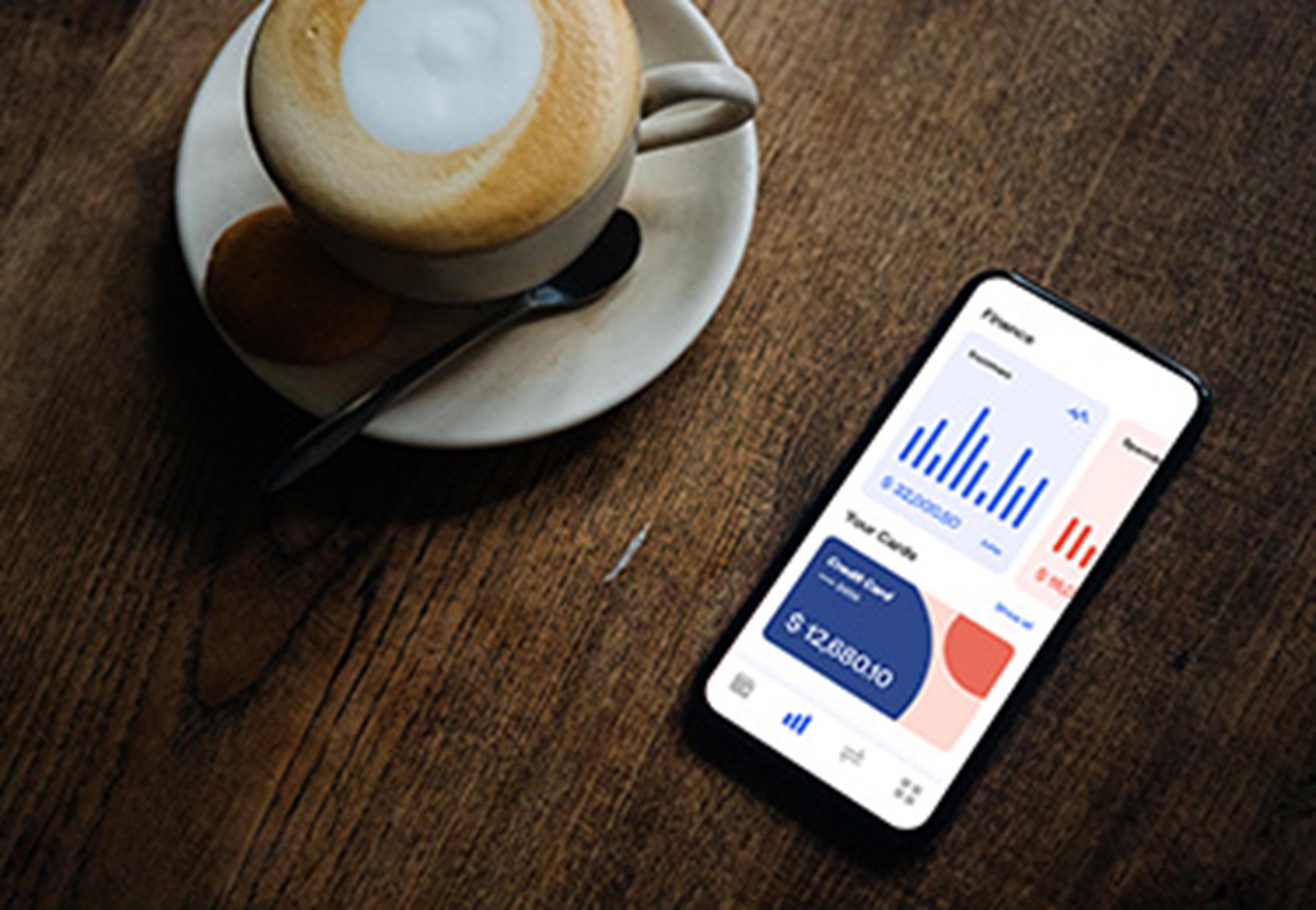How to Make a Career Change and Become a CPA
Our recruitment team speaks with people every day who are looking to forge a new career. Many have had no accounting experience whatsoever, but they’re looking for advancement, credibility, career versatility and a higher salary.
If you’re at a turning point in your career and looking for your next step, the CPA designation might be the right choice for you. We’re covering some common questions about navigating this career change.

Why should I become a CPA?
With a CPA designation, you can access any industry or become an entrepreneur. You can focus on interests like business strategy, financial reporting, taxation or management. And you’ll be part of a trusted profession, with a large and reputable network.
In our article, 6 Reasons to Become a CPA, we break down some of the best reasons to pursue the designation, including career versatility, job security, salary, and the opportunity to make an impact through purpose-driven work.
How can I become a CPA and how long does it take?
The CPA certification program works like a continuing education program. You can work through the program part-time and schedule it between work, family and other responsibilities.
CPA candidates can complete the program within three years, or candidates may choose to complete the requirements part-time over a four-to-five-year period.
The CPA certification program consists of:
- prerequisite learning
- CPA Professional Education Program (CPA PEP)
- Common Final Examination (CFE)
- practical experience
Step 1: Prerequisite learning
First, you will need to meet the prerequisite learning requirements. These consist of 14 courses that can be taken at a post-secondary institution or through CPA Ontario. This can take as little as 12-16 months, but generally candidates complete this requirement over two years. Depending on your education and work history, you may qualify for exemptions or only need to take the exams for some courses. You will need to assess this with CPA Ontario.
Step 2: CPA PEP
Next, CPA candidates are required to complete the CPA PEP modules, which are taken part-time and take approximately two years to complete.
Step 3: The CFE
Finally, the CFE is the culmination of the certification program. It is offered twice a year, usually in May and September. This 3-day examination evaluates your competencies. In order to become a CPA, candidates must pass this exam.
Step 4: Practical experience
Additionally, CPA candidates must complete a minimum of 30 months of practical experience. Practical experience is required to put your education into action. If you have transferrable and relevant work experience, you may be able to count up to 12 months of your previous experience. This requirement will be completed concurrently while you’re taking your courses and modules.
How much does it cost to become a CPA?
The investment to gain a CPA designation can cost up to $25,000 if you need to complete the full program. However, depending on your education background and work experience, your costs could be lower.
This investment will have valuable results on your long-term salary and career potential, with the median annual salary of a CPA sitting at $130,000 per year.
When it comes to the specific breakdown of costs, the core costs of the CPA certification program are the courses, modules and the Common Final Examination. In addition, when you start taking courses, you’ll register as a student with CPA Ontario and pay Annual Student Dues until you become a member.
Education costs breakdown:
- Prerequisite learning costs a few hundred dollars for each of the 14 courses, but you may be exempt or only need to pay for exams for some.
- CPA PEP module fees are around a thousand dollars for each of the six modules.
- You’ll always need to pay the full cost for the CFE.
It’s worth noting that many employers have programs to help support you on your continuing education journey. We recommend investigating your company’s policy to find out if there are opportunities to help offset the costs.
What are my ongoing fees as a CPA?
When you become a member, two of your obligations are Annual Member Dues (AMD) and Continuing Professional Development (CPD).
AMD supports your professional services and oversight of the profession and is currently over $1000 a year. This can be claimed on your taxes.
CPD requires you to take a minimum number of hours each year and over a three-year period of relevant professional development. CPD can be taken in a variety of formats, including reading and on-demand courses and things like teaching, being on non-profit boards and researching for publications. Your CPD budget depends on your interests and priorities and in many cases can be covered by your employer.
Get inspired by other CPAs and the possibilities for your future. Learn more about the possible career paths that can open for you. Speak to one of our recruiters about your options and how to become part of the CPA profession.


